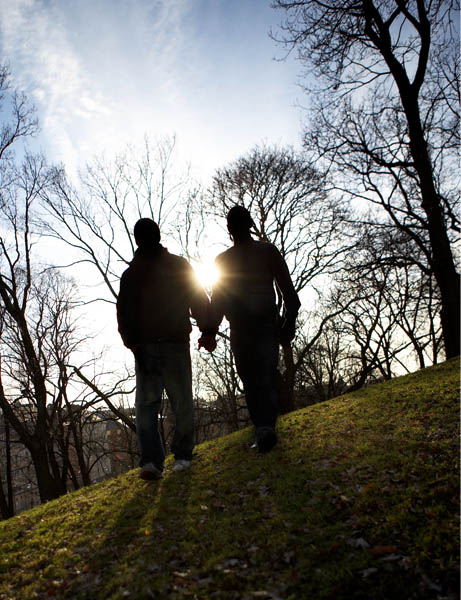Category: Relationship Therapy
-

Lonely in Relationship with an Emotionally Unavailable Partner
Moving to a new country to be with your overseas-born partner can be an adventure. But it’s not always possible to foresee the difficulties and challenges ahead. Feeling lonely in relationship with an emotionally unavailable partner often creates a sense of neglect, particularly when dealing with the stress of unfamiliar culture. You might start feeling…
-

How to Expose Covert Abuse, Coercive Control and Gaslighting
The red-flags for covert abuse, coercive control and gaslighting in a toxic relationship usually take time to notice. We enter into coupledom in a state of vulnerability, with an open heart, and assuming our partner has the best intentions. When things go wrong, we might blame ourselves or start thinking we are unwell. Then we…
-

Relationship Counselling: Ending the Blame Game for Better Communication
How often have you been in a situation where your partner has blamed you unfairly or found fault with everything you say? Constant put-downs and negativity mean criticism is thriving in your relationship. Here are some ideas about how to nip them in the bud and start having better communication with your partner. First up,…
-

Therapy for a Broken Heart, Separation or Relationship Breakdown
How do you overcome a relationship breakup? Dealing with heartache. Coping with rejection. Recovering after splitting up. These are subjects about which I am regularly consulted as an English speaking therapist in Stockholm. And I wish there was a simple solution that worked for everyone. The good news is that most people find it helps…
-

Counselling for LGBT People in Stockholm: 5 Reasons to Choose a Gay Therapist
When expats move to their new country, it can be an opportunity to make a new start. Sweden, with its relatively inclusive attitudes to lesbians and gay men, would seem like a natural choice for gay expats hoping to live their identity more openly. But coming out is often more of an ongoing process than…
-

Couples Counselling and Marriage Therapy in Stockholm
Looking to Find a Relationship Therapist Who Speaks English? As an English speaking therapist in Stockholm I meet regularly with couples who are struggling with aspects of their relationship. For expats, the stress of relocation and dealing with cultural and climatic differences does put pressure on relationships. Many who consult me have decided to live…
